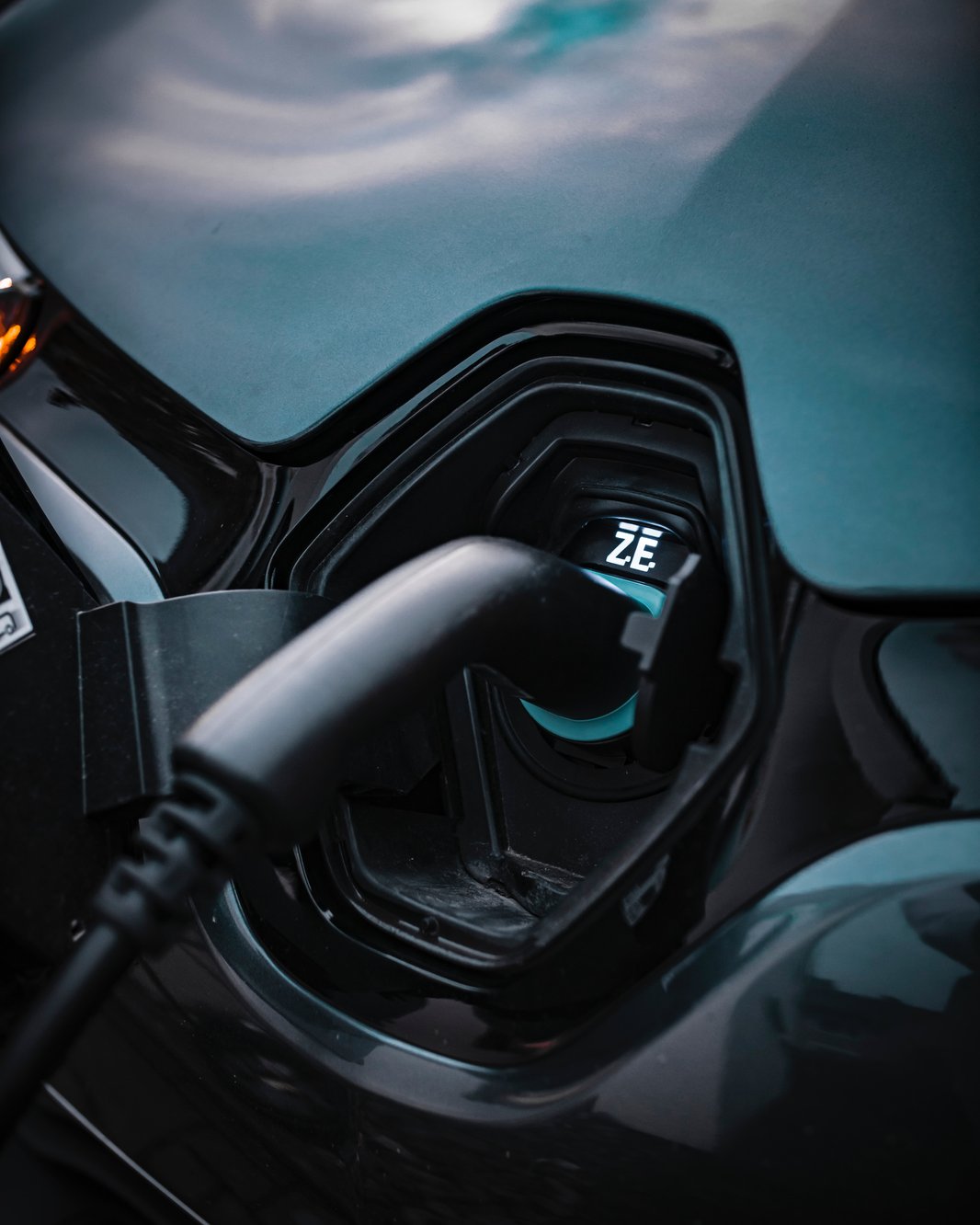How Long Does It Really Take to Charge an Electric Car?

The automotive industry is in the midst of a profound transformation, driven by the rising popularity of electric vehicles (EVs) and the promise of a cleaner and more sustainable future. Among the numerous inquiries that potential EV owners have, one central question continually emerges: How long does it take to charge an electric car? In this article, we will delve into the factors that impact charging durations, the different charging alternatives available, and the evolving landscape of EV charging technology.
Factors Influencing Charging Times
-
Battery Capacity: The size of your vehicle's battery capacity, measured in kilowatt-hours (kWh), directly affects the charging time. Keep this in mind when scheduling your charging stops, particularly for electric vehicles with high-capacity batteries.
-
Battery State (Empty vs. Full): It's recommended to charge the battery up to 80% because the last 20% needed to reach a full charge often takes more time than the average charging period. Being aware of your battery's state is essential for precise planning and efficient management of your charging time.
-
Vehicle's Max Charging Rate and Chargepoint Capacity: The maximum charge rate of your electric vehicle and the capacity of the chargepoint you're using are crucial factors. If your EV has a max charge rate of 7 kW, using a 22 kW chargepoint won't accelerate the charging process; it will only charge at the rate your vehicle can accept.
-
Environmental Factors: Weather conditions are also a factor to consider. Cold temperatures, particularly with rapid chargers, can slightly prolong charging times. Moreover, lower efficiency in colder weather translates to fewer miles added per unit of time during charging.
Charging Alternatives for Electric Vehicles
-
Home Charging (Wallbox Installation): Home charging is the most convenient option for EV owners. Installing a wallbox at home allows you to charge your EV conveniently. The cost of installing a wallbox can vary depending on the type of building you live in. In Germany, for example, the price typically ranges from 900 to 2,000 Euros.
-
Fast Charging Stations (150 kW): For those in a hurry, rapid charging stations offer the quickest solution. With a 150 kW charger, a typical electric car equipped with a 60 kWh battery can go from empty to full in as little as 30 minutes. This option is perfect for quick pit stops during long journeys, though it comes at a higher cost.
- Public Chargers (7 kW) and Chargepoints (22 kW): Opting for a 7 kW public charger extends the charging time to under 8 hours, while a 22 kW chargepoint can bring your EV to full capacity in around 3 hours. These options are more cost-effective, making them ideal for those not in a rush.
Whether you prefer rapid charging or a more relaxed approach with public chargers, understanding the factors affecting charging times empowers you to make informed decisions. Charging durations vary based on battery capacity, speed, and charging types. While recent improvements are evident, ongoing advancements in infrastructure and batteries promise an even better charging experience.
LITY lets you simulate electric vehicles, compare costs, and understand your charging needs, including precise charging times and breaks. It goes beyond, suggesting the perfect EV for your mobility needs.
Embrace the electric revolution, plan smartly, and witness sustainable transportation's future, fully charged and ready to go.
📲 Follow us on Instagram and Facebook for more information and news about electric cars and sustainable mobility!